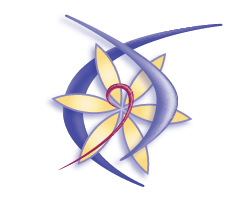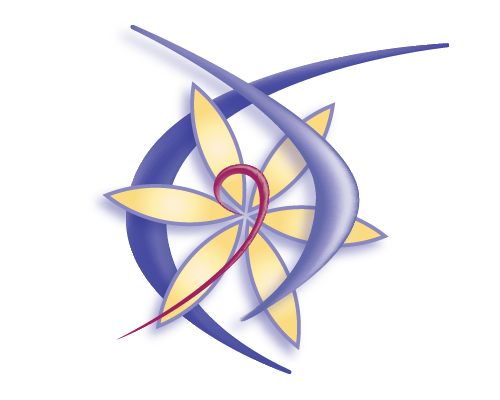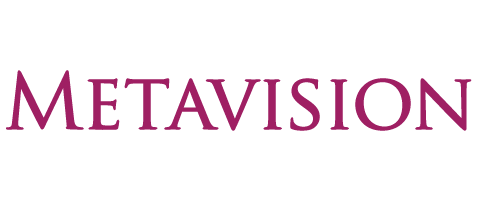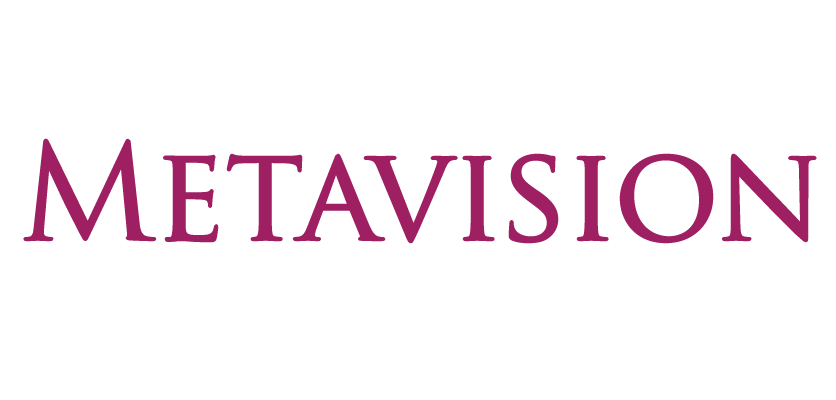Unit Description
This 3-credit point unit introduces a holistic approach to counselling and psychotherapy.
This 3-credit point unit introduces a holistic approach to counselling and psychotherapy. Differentiation between the professions and theoretical paradigms of counselling, psychotherapy, psychology and psychiatry is drawn.
The unit compares and contrasts the following 20th century psychotherapy and counselling models and schools of thought: psychoanalysis, psychodynamic psychotherapy, cognitive behavioural therapy, humanistic counselling and therapy, Wilbur’s integral approach, process oriented and anthroposophical approaches, with the holistic counselling and psychotherapy model.
The historical emergence of the holistic model is described, and the underlying assumptions are outlined. Particular attention is given to the contributions of Sigmund Freud and Carl Jung as the theoretical foundation for the holistic and other models. Process-oriented psychology, based on the work of Mindell and associates, and Steiner’s framework of Anthroposophy, are also explored as they are foundational to the holistic model.
Students will develop critical thinking skills as they consider how perceptions are formed. Critical thinking is applied to differentiate between the philosophies and concepts of the holistic model and other counselling and psychotherapy models.
Unit Code
101S
Unit Type
Core Unit
Study Period
Semester 1, Year 1
Credit Points
3.0
Unit Coordinator
Consultation Times
30 minutes before and after workshop intensives and by appointment during the semester
Learning Outcomes
On completion of this unit, students will be able to:
- (a) Articulate and evaluate the development of the discipline of counseling and psychotherapy over the past 100 years
- (b) Articulate and evaluate the contemporary, holistic model of counselling and psychotherapy (the Metavision model)
- (c) Analyse and critically reflect on the key theoretical influences that have contributed to the development of a holistic approach to counselling & psychotherapy
- (d) Analyse and critically reflect on the key societal and historical factors that have influenced the development of a holistic approach to counselling & psychotherapy
- (e) Constructively and critically reflect on contemporary holistic counselling & psychotherapy practice
- (f) Critically compare models of counselling and psychotherapy
- (g) Competently demonstrate capacity for critical thinking and reflection, and mobile ways of thinking
Graduate Attributes
| Attributes | Statement |
|---|---|
| Collaboration | Our graduates will have advanced skills in collaborating respectfully with colleagues, teams and clients to enhance productive outcomes and mutually respectful collaboration. |
| Holistic awareness | Our graduates will have an in-depth understanding of how the physical body, the psyche and mind/ spirit/self are in constant interaction and relationship with each other and with the environment |
| Communication | Our graduates will have well-developed written and oral communication skills, including listening deeply and receiving, interpreting and transmitting complex information, on many levels of awareness with colleagues, clients and the community |
| Critical thinking | Our graduates will have critical thinking skills necessary to evaluate and analyse information and make informed professional judgements |
Delivery Mode
Workshop intensive on-campus 1
9:00 am – 5:30 pm
Twelve hours in total.
Online delivery
1.5 hour Zoom discussion
Study Buddy Activities
Eight hours over the semester
Student Workload
The total unit workload is equivalent to 7.34 hours per week over the semester, 117.5 hours in total.
- Twelve hours on-campus workshop intensive
- 1.5 hour Zoom discussion
- 8 hours study buddy work
- 96 personal study hours
Available in Courses
This unit is available in the following courses:
Specialist Training in Holistic Counselling & Psychotherapy Specialist Training in Holistic Counselling - 1 YearCreated: 28 Jun 2021, 2:34 p.m. • Updated: 28 Feb 2023, 5:08 p.m.



